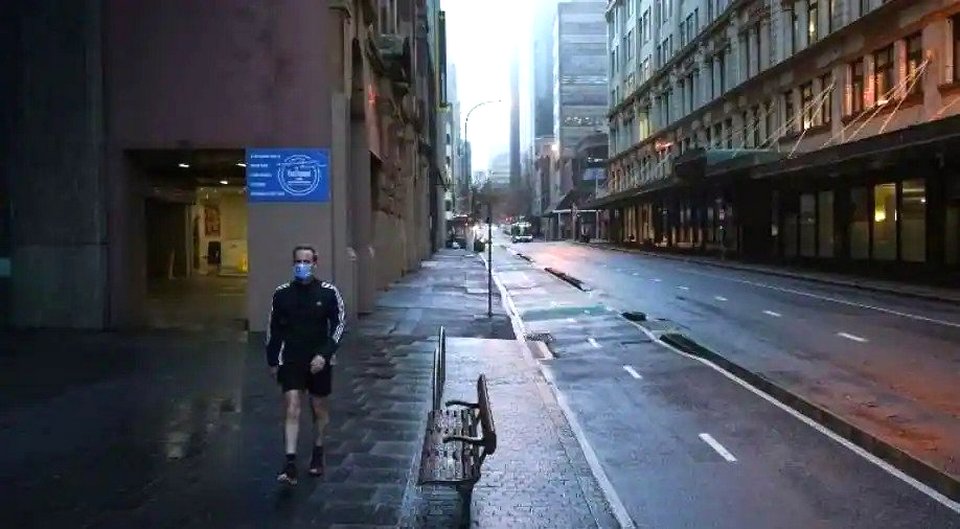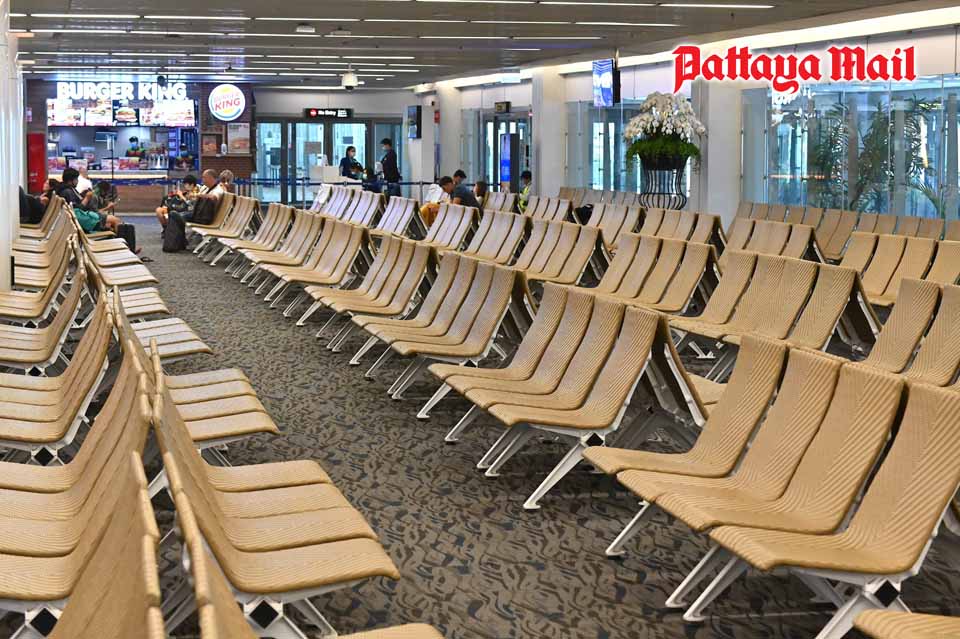
With the screws tightened yet again on dark red zones, including Pattaya, public morale is at rock bottom. But it was always inevitable that golf courses, sports centers and beauty shops would be caught in the tentacles of a comprehensive lockdown. Once the CCSA, the top government health committee, had ordered the citizenry to stay home “unless absolutely necessary” then trips to enjoy yourself or to have your hair cut or to take a bus ride were doomed. Sooner or later.
So Pattaya is now a city of intense regulation, similar to the lockdown of April 2020. The one exception is alcohol which you can still buy in stores provided you drink it at home on your own. A provincial order earlier in the month banned booze-enjoyment if more than one person was present. Ambiguity still persists about walking along the beach, although that detail could be clarified by an order from the Pattaya mayor. The legislative problem is that the Pattaya beaches are currently home to hundreds of homeless people dependent on public charity.
Lockdowns certainly have their negative macro issues because mankind is a social animal needing to mix. Awesome restrictions assume that being at home is safer than being outside which most published research denies, that is unless you live alone. They also assume that everyone is at equal risk, whereas we know that children are more resistant than adults and that most people don’t end up in hospital or the mortuary.
The World Health Organization cautions that lockdowns should not be the primary mechanism of control because, at best, it delays contagion especially in countries with low vaccination rates. The massive number of failed businesses inevitably leads to financial intervention by the government, but the billions of cash borrowed has to be repaid unless money does grow on trees after all. The longer a lockdown lasts, the more likely the public will be to break the rules out of sheer frustration. The number of police raids on illegal Pattaya parties last year grew massively in the second half of the curfew period then in force.
That’s not to say that lockdowns are necessarily useless. International research from Oxford University recently argued that they should be taken with other interventions, such as mask-wearing, quarantine, social distancing and a ban on public gatherings, to restrict the spread of Covid-19, at any rate in some places. These measures are known as circuit breakers to interrupt the virus transmission cycle.

Taken together, circuit breakers can stem the transmission of coronavirus and disrupt infection peaks, thus allowing health services some breathing space to deal with other non-Covid related illnesses such as seasonal flu. So a short period of total lockdown can be useful, but must be accompanied by a massive vaccination program which is still in its early stages in Thailand in general and Pattaya in particular. Whilst a vaccinated population is not an immunity panacea, it is less likely to end up in hospital or on a mortuary slab.
In the meantime, Pattaya’s local population and expat community will likely suffer in silence, broken only by a lively commentary on social media. Some will turn to Zoom house-parties, virtual travel, new internet pen pals or even a major decluttering of their home. Others in more negative mode will seek refuge in solitary drinking sessions or online pornography. You might even find new talents you never knew about. William Shakespeare wrote his depressing play King Lear during a period of isolation in his room during a very nasty plague. Mind you, in the first version, that worthy royal did end up destitute and insane.
 |
 |
 |





